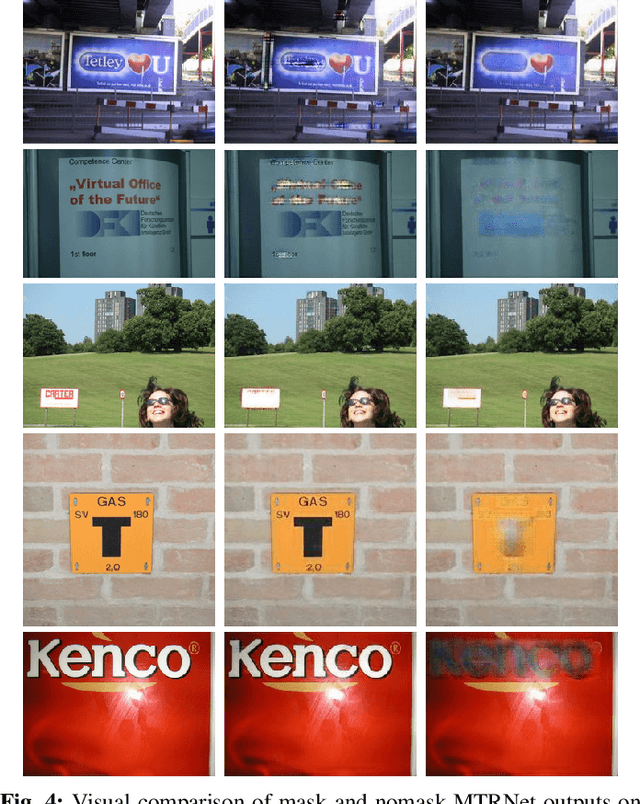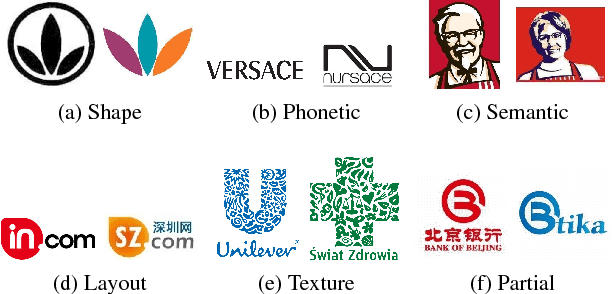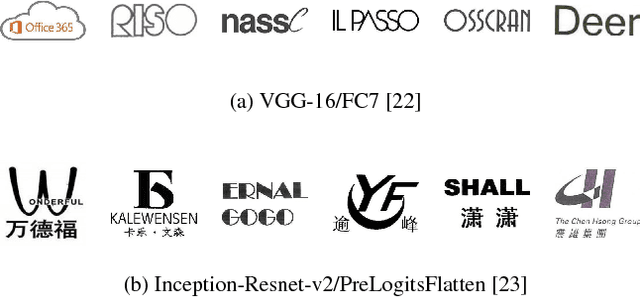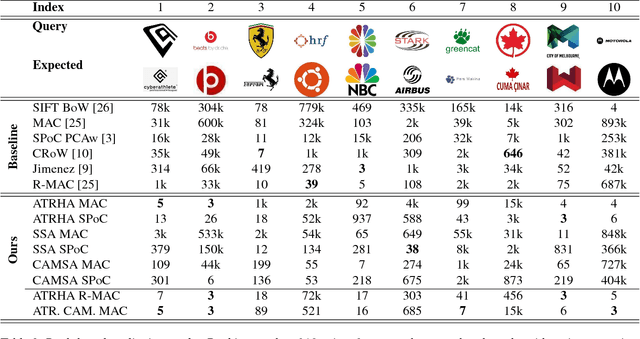Sabesan Sivipalan
MTRNet: A Generic Scene Text Eraser
Mar 12, 2019



Abstract:Text removal algorithms have been proposed for uni-lingual scripts with regular shapes and layouts. However, to the best of our knowledge, a generic text removal method which is able to remove all or user-specified text regions regardless of font, script, language or shape is not available. Developing such a generic text eraser for real scenes is a challenging task, since it inherits all the challenges of multi-lingual and curved text detection and inpainting. To fill this gap, we propose a mask-based text removal network (MTRNet). MTRNet is a conditional adversarial generative network (cGAN) with an auxiliary mask. The introduced auxiliary mask not only makes the cGAN a generic text eraser, but also enables stable training and early convergence on a challenging large-scale synthetic dataset, initially proposed for text detection in real scenes. What's more, MTRNet achieves state-of-the-art results on several real-world datasets including ICDAR 2013, ICDAR 2017 MLT, and CTW1500, without being explicitly trained on this data, outperforming previous state-of-the-art methods trained directly on these datasets.
Component-based Attention for Large-scale Trademark Retrieval
Nov 07, 2018



Abstract:The demand for large-scale trademark retrieval (TR) systems has significantly increased to combat the rise in international trademark infringement. Unfortunately, the ranking accuracy of current approaches using either hand-crafted or pre-trained deep convolution neural network (DCNN) features is inadequate for large-scale deployments. We show in this paper that the ranking accuracy of TR systems can be significantly improved by incorporating hard and soft attention mechanisms, which direct attention to critical information such as figurative elements and reduce attention given to distracting and uninformative elements such as text and background. Our proposed approach achieves state-of-the-art results on a challenging large-scale trademark dataset.
 Add to Chrome
Add to Chrome Add to Firefox
Add to Firefox Add to Edge
Add to Edge